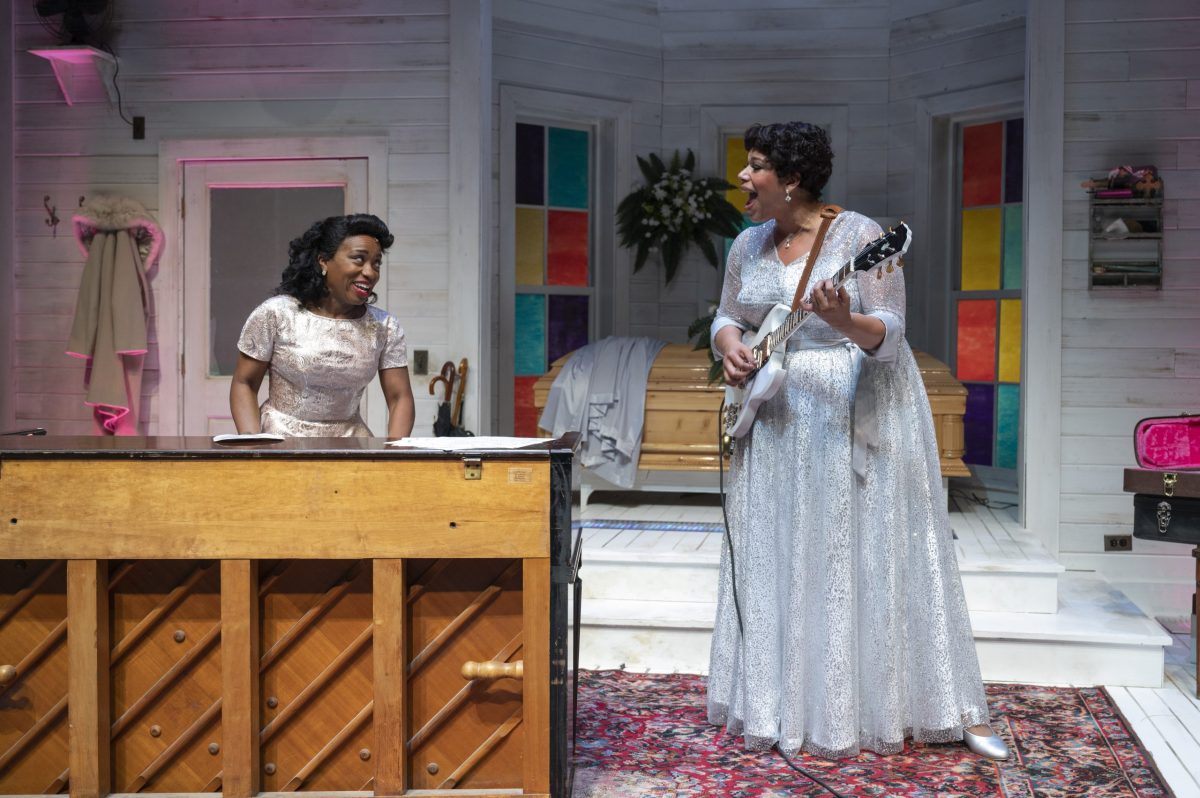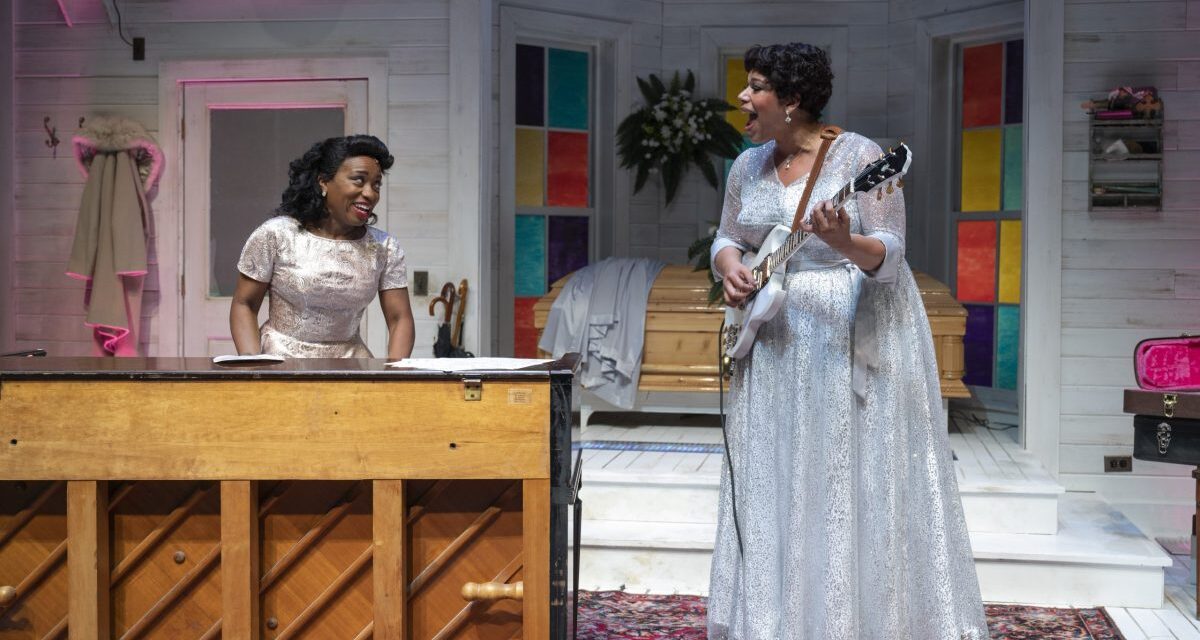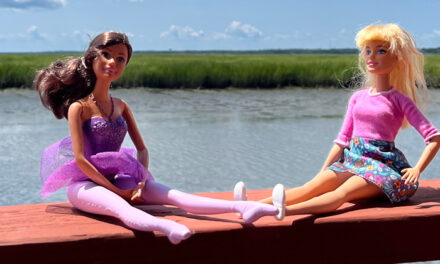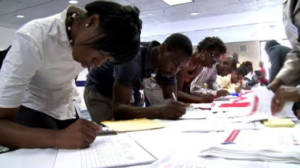
George Brant’s Marie and Rosetta, now at Northlight in a production directed by E. Faye Butler, is a tribute to the contributions of Black women in gospel, rhythm and blues, and rock, as embodied by Sister Rosetta Tharpe and Marie Knight—neither of whom are as nearly well known as they deserve to be (even though Tharpe, whose guitar playing inspired everyone from Elvis Presley to Jimi Hendrix, was finally inducted into the Rock and Roll Hall of Fame in 2018). It’s a show that follows a rather familiar dramaturgical path, but that narrative familiarity doesn’t breed contempt. Rather, it’s a framework for showcasing two mind-blowingly great performances by Alexis J. Roston as Marie and Bethany Thomas as Rosetta.
Marie and Rosetta
Through 8/6: Wed 1 and 7:30 PM, Thu 7:30 PM, Fri 8 PM, Sat 2:30 and 8 PM, Sun 2:30 PM; relaxed/sensory sensitivity performance Wed 7/26 7:30 PM, open captions and ASL interpretation Friday 7/28 8 PM, open captions and audio description/touch tour Sat 7/29 2:30 PM; Northlight Theatre, North Shore Center for the Performing Arts, 9501 Skokie Blvd., Skokie, 847-673-6300, northlight.org, $30-$89 (students $15, subject to availability)
The premise is that Marie, a seemingly devout and rather demure young woman, is about to go on tour with the older Rosetta. It’s 1946, and they’re rehearsing in a Black-owned funeral parlor, which is also where they’ll have to spend the night, since no motel on the road in the south will accept Black guests. (John Culbert’s simple white, wooden chapel interior feels like a true sanctuary, even with the caskets scattered about.) Thomas’s Rosetta wonders if Marie can get over the influence of “Saint Mahalia” Jackson and really get into boogie-woogie rhythms—the kind of songs she delivers at the Cotton Club (which, though based in New York City, is also segregated.)
So in part it’s about the tension between the sacred and secular that has been present for Black popular musicians and singers for at least a century. (Rosetta says that her goal is to bring “a little church into the club, a little club into the church.”) But it’s also about two women learning about each other and holding each other up in a place and time when political and domestic turmoil meant that even rising stars (or perhaps particularly rising stars) had to watch their backs, and their steps. Early on, Rosetta reminds Marie, who is afraid of ghosts and thus squeamish about sleeping in the funeral parlor, of the even greater risks she’ll face from real live white men if they see her sleeping alone on the tour bus.
The music is, of course, the main draw here, and with raise-the-roof renditions of everything from “Were You There When They Crucified My Lord” to “Strange Things Happening Every Day” (considered to be a strong contender for the first rock ’n’ roll record), both Roston (who won a Jeff Award for playing Billie Holiday in Porchlight’s Lady Day at Emerson’s Bar & Grill, recently revived at the Mercury Venus Cabaret) and Thomas (who won a Jeff Award for her 2021 solo turn in Northlight’s Songs for Nobodies), are absolutely incandescent. Brant’s script plays it coy with the long-running speculation that Tharpe and Knight ended up more than friends. But the passion they share for showing the gifts God gave them, no matter the musical genre, and the companionship they shared on the road and off, are all apparent here. Even when the script feels a little formulaic or overly expositional, Marie and Rosetta stirs our souls with the music.




